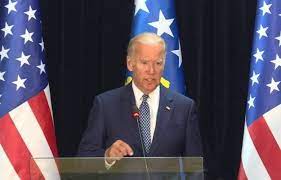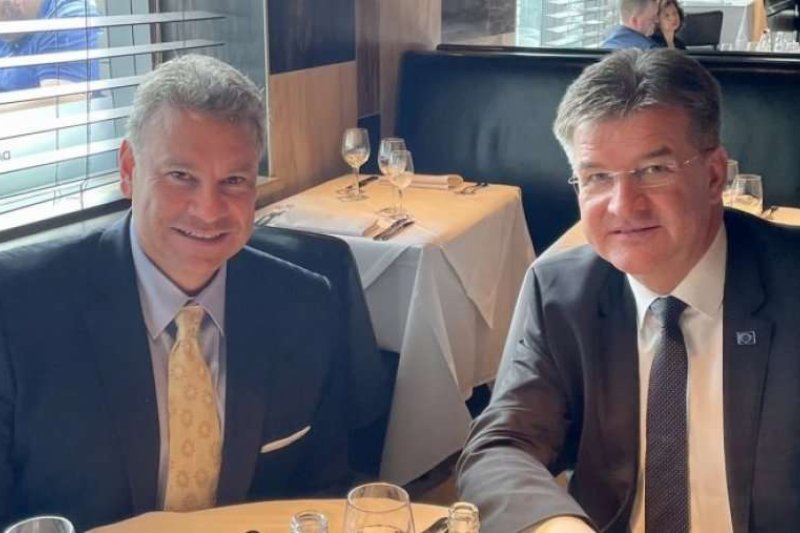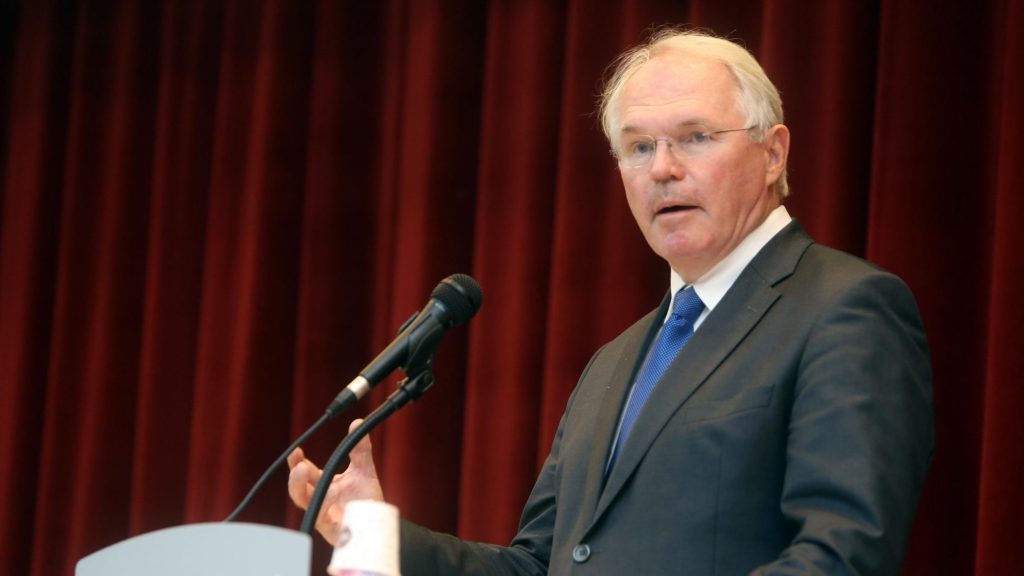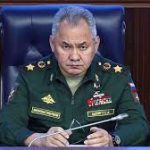At a time when Russia is exerting military pressure on Ukraine and threatening it with invasion, Serbia is collecting food reserves and preparing for the next scenario. On the other hand, the US and European countries are trying to put Putin’s friend, Serbian President Aleksandar Vucic, on the Euro-Atlantic path, but this seems hopeless at the moment. Vucic recently even called the US commitment to the normalization of relations between Kosovo and Serbia as a terrible pressure. During an interview on Serbian television, he reiterated that his country will neither join NATO nor recognize Kosovo as a state. Seeing that Serbia’s recognition of Kosovo still seems far away, Biden’s new administration must have begun to reshape its approach towards Serbian politics.
In the last letter addressed to Vucic on Serbian Statehood Day, President of the United States, Biden reminded him the request to reach a final agreement with the Republic of Kosovo which is based on mutual recognition. The pressure intensification on Serbia can be seen also in US Secretary of State, Antony Blinken letter addressed to Vucic, which requested him to continue the dialogue, with a focus on the final agreement, which is mutual recognition, something that also France president Emmanuel Macron asked Vucic for. The US is aware that there is a potential risk of political and financial influence from Russia and China in the Western Balkans added to this that Serbia is the most reliable ally of Russia who implements its geostrategic policies in the Western Balkans.
We have seen recently Russian tendencies to compare the case of Kosovo with the case of Ukraine by drawing parallels between NATO Intervention in Kosovo and the possibility of leaving the monitoring staff from Dontesk. The Russian Foreign Ministry, Sergei Lavrov in a joint conference with his Polish counterpart, declared, “I hope that the history of the OSCE mission in Kosovo, when its withdrawal was used as a trigger for NATO aggression, will not be repeated in Donbass.”. This is the Russian policy rhetoric which has long been trying to present Kosovo as a ‘sui generis’ case, to justify its actions towards Ukraine meanwhile to send the message that Russia can use its influence on Serbia to destabilize Kosovo in a similar way. The case of Kosovo and Ukraine certainly has no similarities, this is best evidenced by the decision of the International Court of Justice, which confirms the legality of Kosovo Independence Declaration.
But while Serbia continues to model Russia in relation to neighboring countries, international community and NATO, by constantly emphasizing the refusal to join the North Atlantic alliance, a new joint US-EU strategy towards the Western Balkans countries, especially Serbia, is more than indispensable. A strategy that would reduce Russian influence in the region, consequently avoid the possibility of another conflict and guarantee would guarantee stability in the region. Destabilizing the Western Balkans and keeping it tense is a long-standing geostrategic Russia objective.
As recognition of Kosovo’s independence by Serbia does not appear to be imminent, international actors should no longer tolerate Serbia squandering EU funds in meantime being militarily equipped by Russia and China. Either it has to join the western path and development or implement anti-western policies, it cannot do both at the same time. Serbia must now be pressured to choose its own path, or else the consequences that Vucic’s political destructiveness towards neighboring countries by implementing Russia’s long term goals towards Western Balkans, will be unmanageable.
Post Author
Author
-

Kosovo based analyst that focuses on current affairs, communication and technology. She studied Albanian Literature, and Economics, Management and Information Sciences. MA in Journalism and Communication. Co-authored the Worlds of Journalism Study report on Kosovo Journalists.
View all posts






